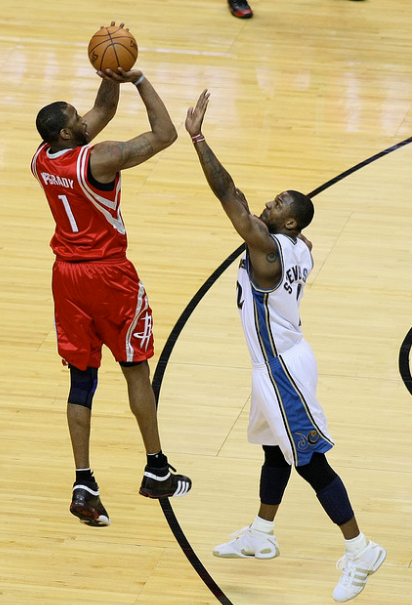What Makes Coach K A Genius Of The Game
Getting guys from all different walks of like to buy-in to one common theme is what makes him a genius of the game. During a broadcast of the USA Basketball Men's National Team's practice, Grant Hill was asked where the 'greatness' of Coach K comes from. Grant says that, along with his great mind and understanding of the game, his ability to connect and build relationships with the guys allows him to build a trust and get a buy-in from the guys. Grant says that Coach K has a way of selling himself and making you feel special within that relationship. We can have all the knowledge in the world, but if we can't get a group of guys to buy-in to a common theme and come together as one, we will struggle to find success. Use your relationships to do so.



